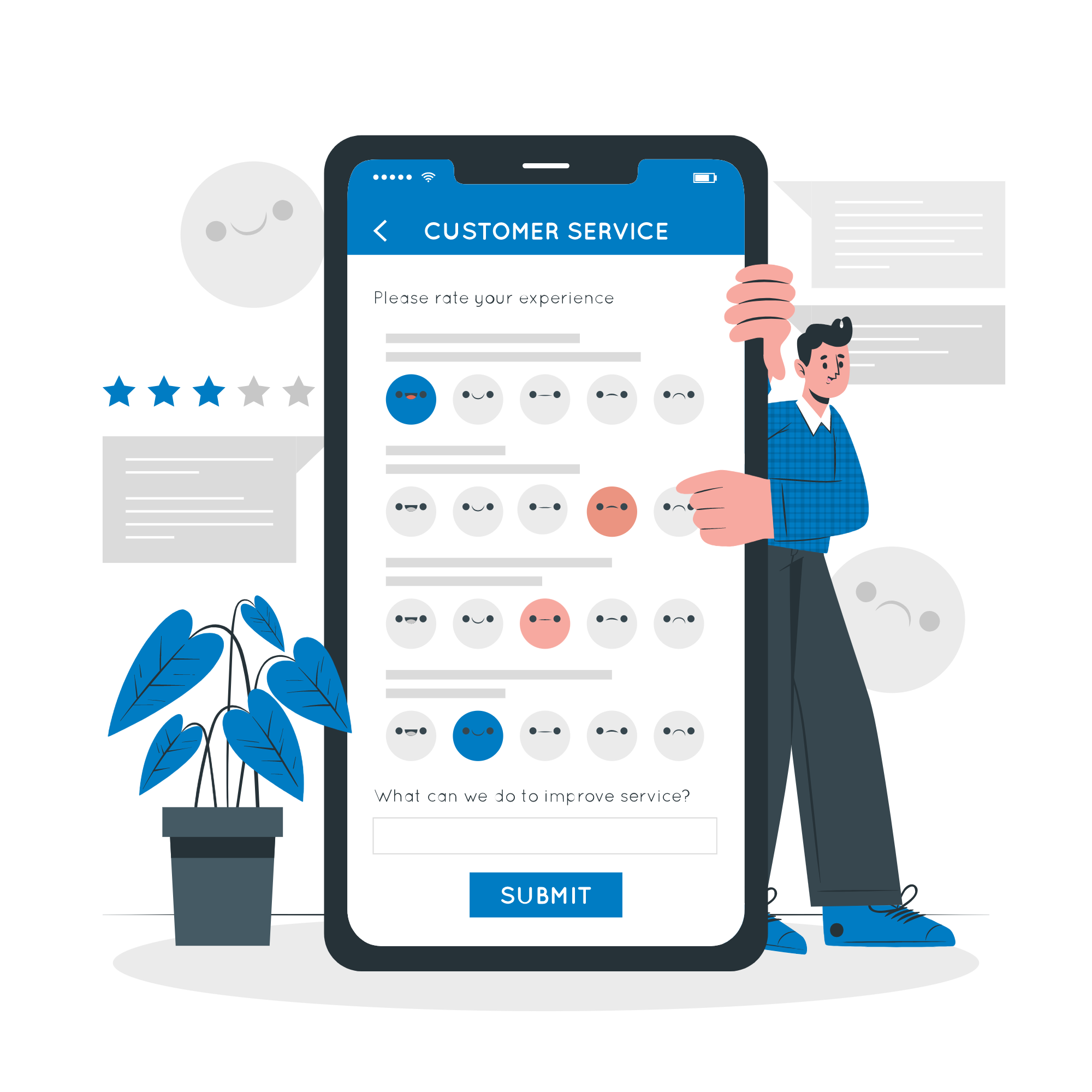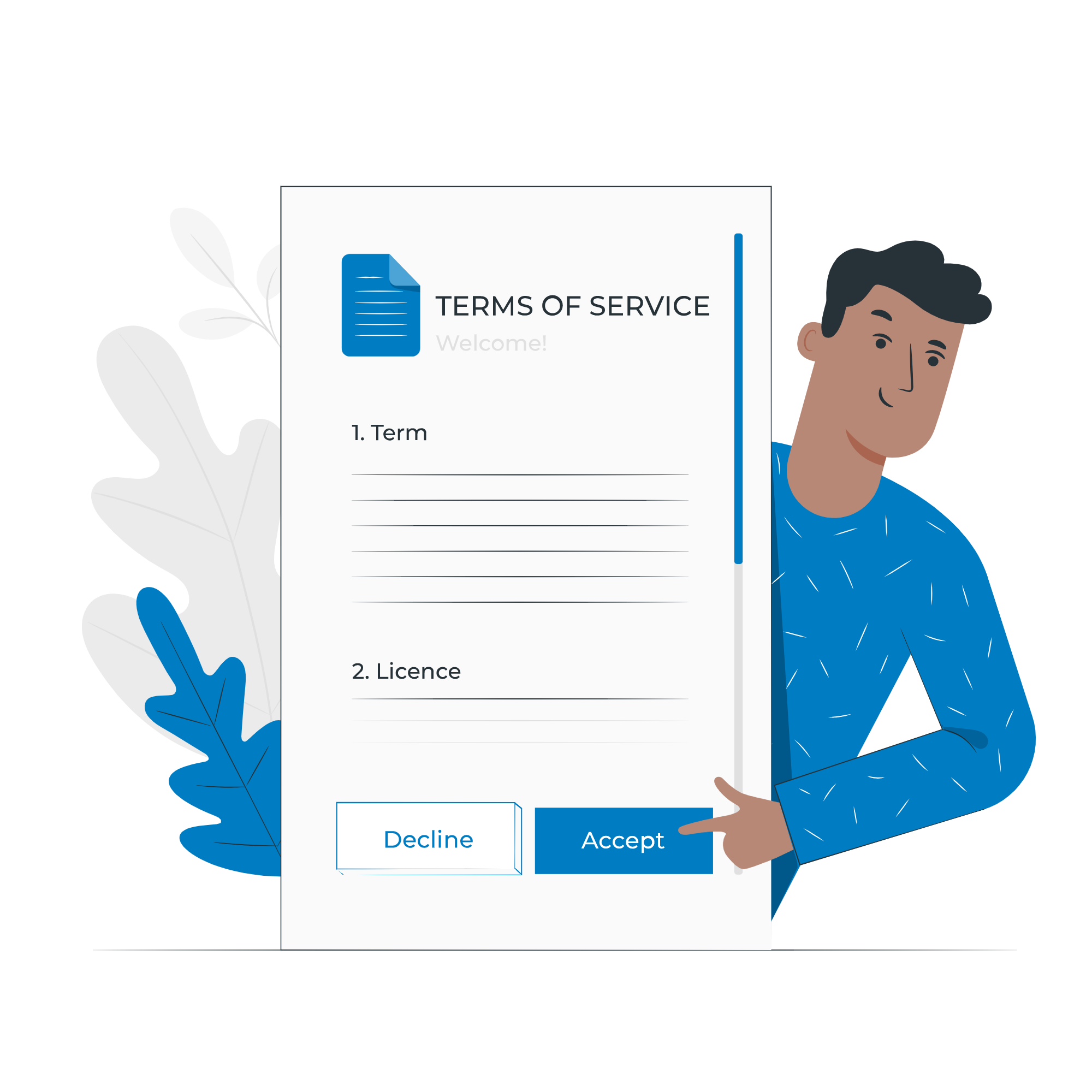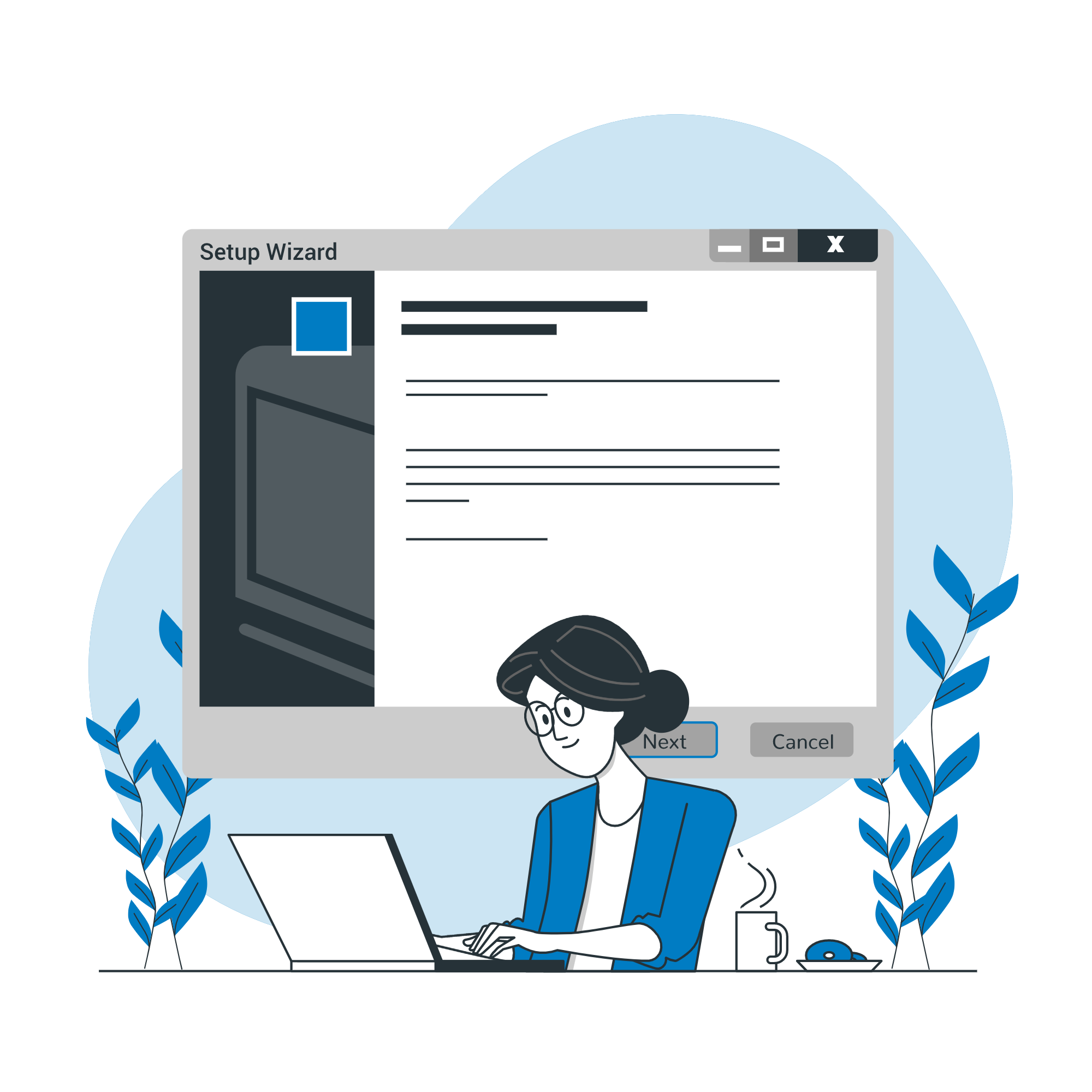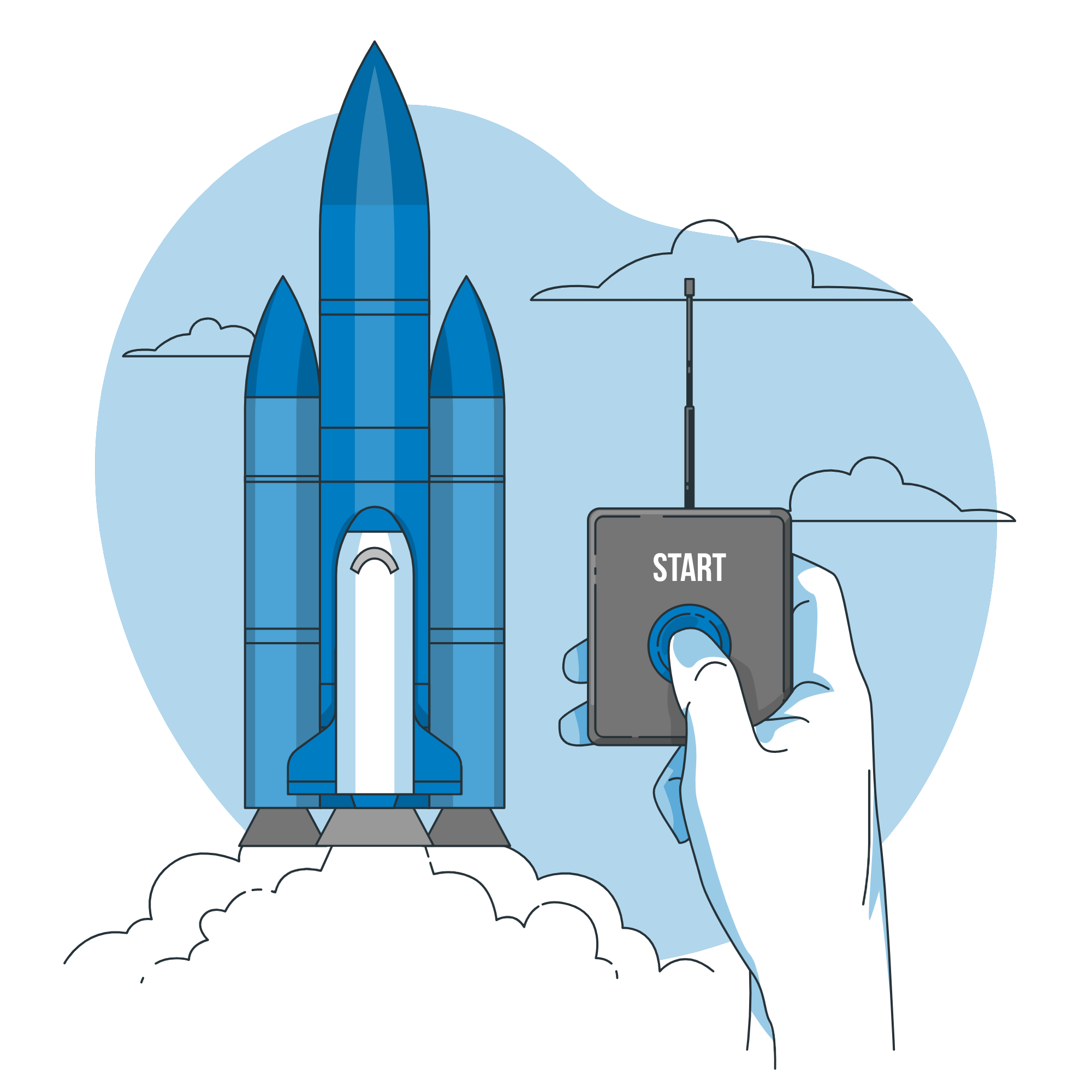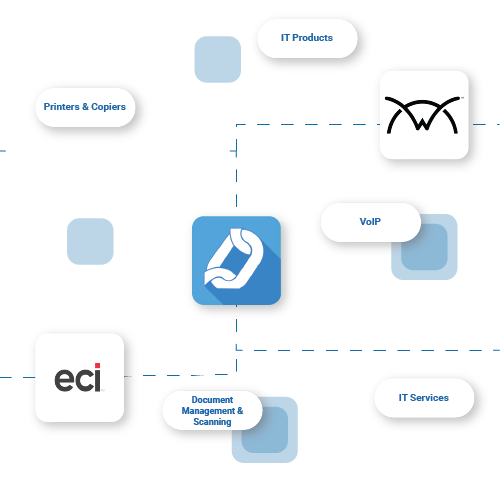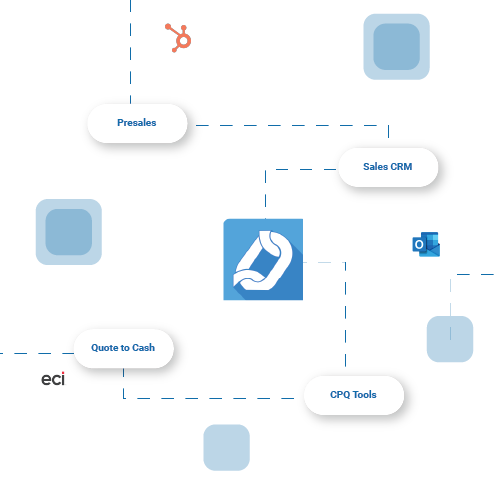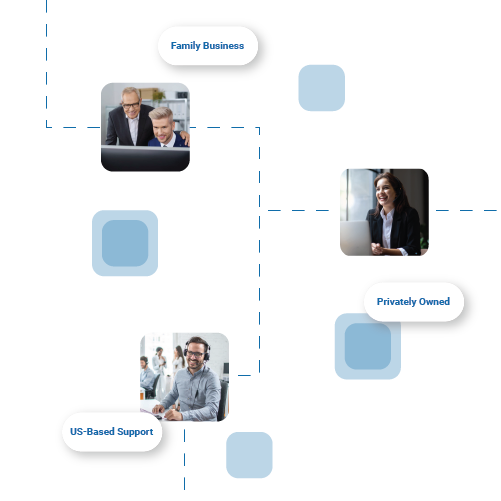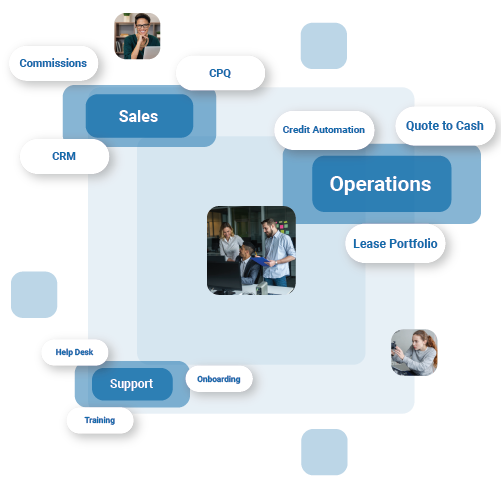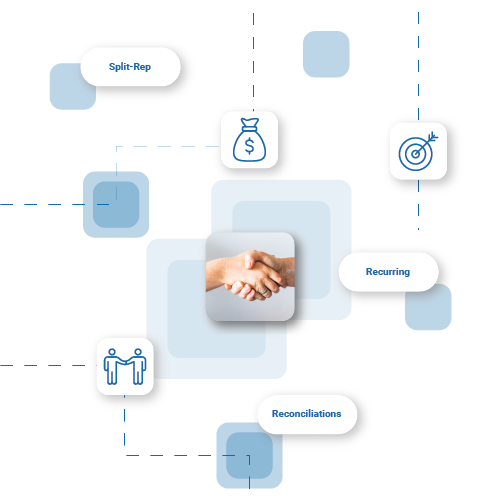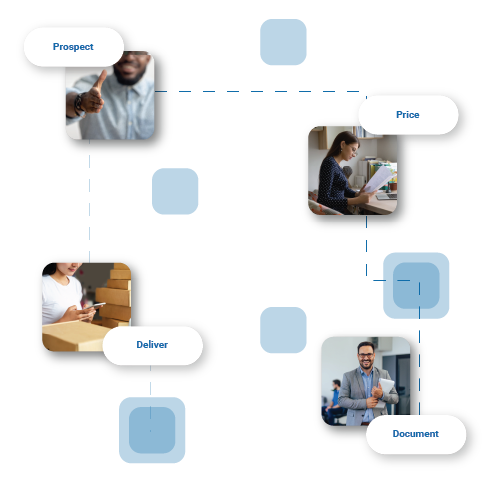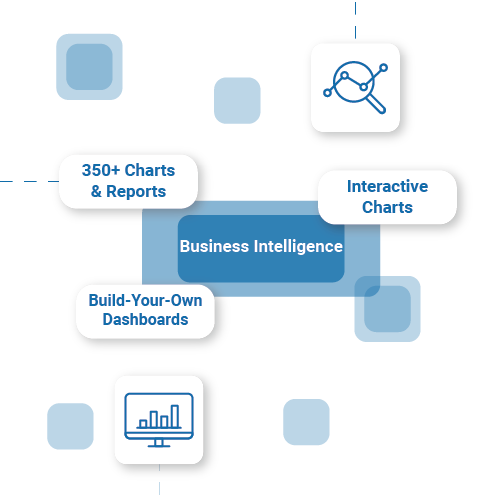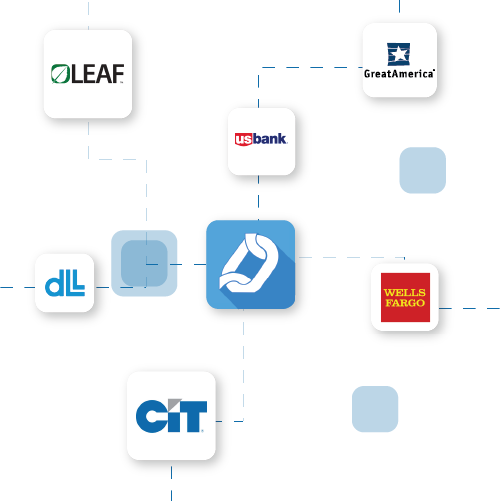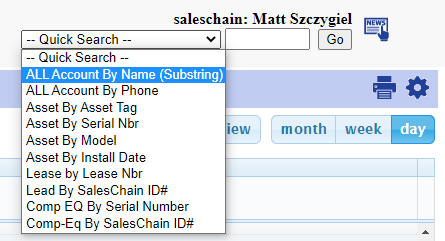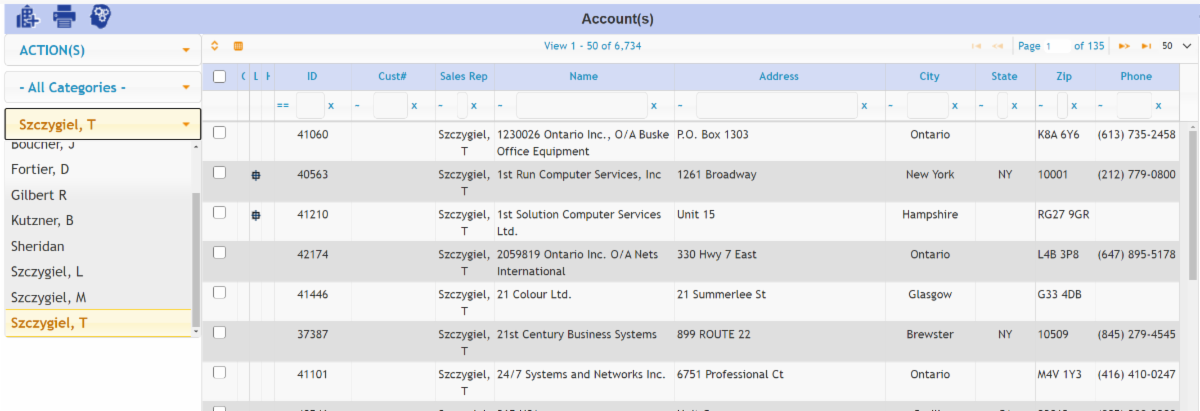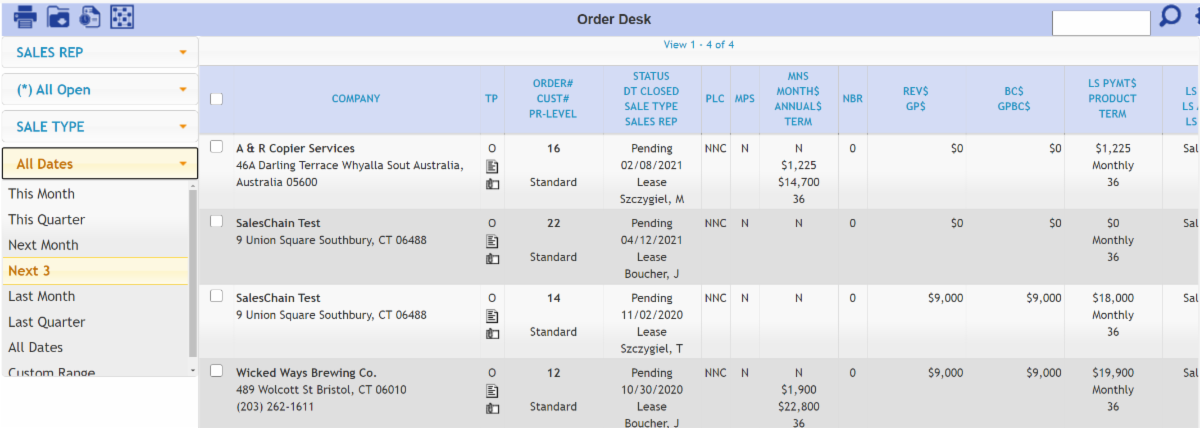Data Provides Insight
To be successful, all companies must prioritize a way to track progress in all aspects of their business, including overall sales, response to marketing, human resources, productivity, financials, product management, etc. Analysis of these components can provide deep insights into the health of a business and the direction it is going, provided they are used efficiently and correctly. Keeping this in mind, multiple metrics should be measured and analyzed on a regular basis.
These metrics should consist of trackable, quantifiable data that is often referred to as KPIs, or key performance indicators. KPIs can guide management decision making, product development, employee workflow and customer service. KPIs are most effective in guiding growth if they are used to establish a baseline, then tracked consistently, tied to the company goals and objectives, and made easily available to employees. SalesChain offers a business intelligence dashboard tool that does just that. It is customizable, allowing sales representatives and managers to view metrics specific to their business and most important to them in real time. Here are ten key sales metrics to consider and how SalesChain can help your company utilize them.
KPI #1 – Value of Leases Expiring
There’s an old saying in business: it’s easier to sell to an existing customer than to bring on a new one. In industries with a high propensity towards leasing, like office equipment, keeping existing customers translates to lease renewals and lease upgrades. When a lease is coming to expire, it reflects revenue that is coming to an end. However, this data point also represents the value of upcoming sales opportunities. As leases come to expire, it becomes time for reps to ask whether deals can be renewed or upgraded?
If your company’s value of leases expiring is consistently falling below actual revenue, it may be an indication that your customers are downsizing or it may indicate that these opportunities for upgrade or renewal need to be pursued more directly.
A good strategy is to implement a workflow which notifies reps 6 months in advance of when these leases are coming to a close, and again at 90 days from expiry. These notifications should be put in place for your company’s leases, and competitive leases alike. SalesChain’s workflow engine is capable of sending these notifications at custom intervals to sales reps and notifying management of critical steps taken in the lease renewal process.
KPI #2 – New Vs Returning Revenue
Measuring the amount of your business which comes from new customers is put into context when it’s compared to the amount of business from repeat customers. Traditionally bringing new customers into your business not only comes at the cost of the rep’s time, but also at an expense to the company.
To be sure that the cost of bringing on a new customer is factored into this comparison, net profit from new and returning customers should be compared rather than gross profit.
In most cases, businesses which do a great deal of leased business will find that their repeat business greatly outweighs their new business. This metric isn’t meant to be a comparison of the two directly as much as an insight into your organization’s growth.
Not surprisingly, if your new revenue is growing in proportion to your repeat revenue, your organization is seeing growth and can take steps to continue expanding. However, if your new business is shrinking in relation to your returning revenue, it may be time to consider new avenues to generate new business. Consider trying a email marketing campaign or a phone blitzing campaign targeting decision makers at your prospecting companies. You can use SalesChain’s prospecting tools to search your contact database for contacts delineated as decision makers, and generate your call list from there!
KPI #3 – Customer Churn Rate
Knowing which customers have stopped doing business with you is often considered more important than knowing which new customers you have onboarded in any given period of time. When it comes to measuring customer retention, the most straightforward metric you can turn to is a simple measurement of turnover. Whether they opted out of service, elected not to renew a lease or decided to purchase equipment from a competitor, a churned customer is one who your business failed to retain.
Generally speaking, if your churn rate is higher than 5-7% it’s time to evaluate the happiness of your customers and determine why there might be a problem. An unreasonably high churn rate typically indicates that your product or your service is failing to meet your customers needs or expectations.
Churn rate is inversely proportional to Retention rate. While churn rate is the number of customers you’ve lost over a given period of time, retention rate refers to the ratio of customers who return to do business with your company. The two are often confused.
KPI #4 – Actual Revenue Vs Forecasted Revenue Vs Quota
One of SalesChain’s oldest and most popular charts serves to compare exactly these three statistics. Nicknamed “the trifecta report” by our development staff, our user base has utilized it go get a clear understanding of the actual profitability of their business compared to sales expectations set forth by management (quota) and the forecasted revenue opportunities predicted by Sales Reps.
If your actual revenue is consistently falling above rep’s quota, then it may be time to up quotas and consider expanding business. On the contrary, if revenue is below the quota, it may be time to have conversations with teams that are underperforming or consider a different sales approach.
Forecasted revenue is entirely in the hands of the sales reps and is calculated by adding up the value of all leads, proposals, and orders in a given time period. Leads and proposals are prospecting opportunities, or deals which have not yet been signed by a potential customer, while orders are near-confirmed deals, or deals which have been signed and are in the fulfilment process.
If forecasted revenue is consistently above actual revenue, this might mean that reps are overselling or overestimating the value of deals, which can both scare potential customers away and feed management embellished numbers. If forecasted revenue is below actual, a bit of cautious optimism may be advisable.
KPI #5 – % Of Leads Followed Up With
While close rate is an important metric to track (see KPI #10), it’s important to see how far each of these deals progress before turning into either a sale or a lost opportunity.
To gain an understanding of how many leads are followed up with, users of SalesChain may either turn to the sales rep activity reporting tools to see which type and how many actions were taken on any given account.
Managers may also take it a step further and look to lead information to see if one or many proposals were ever created. Since leads, proposals, and orders share a hierarchical structure, it’s easy to glean insight on how one led to the next.
